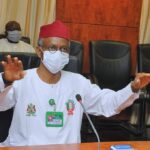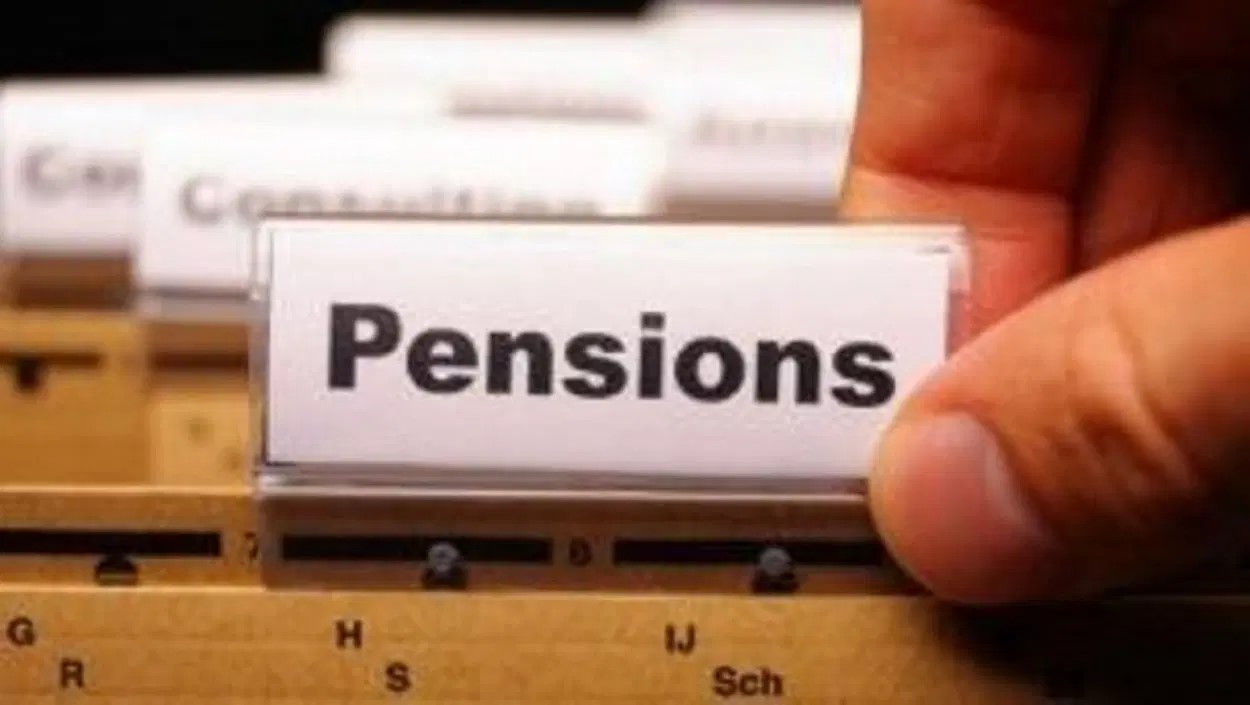The International Monetary Fund has advised the Nigerian government to eliminate implicit fuel and electricity subsidies, warning that they could consume three per cent of the nation’s Gross Domestic Product in 2024.
In a recent report, the IMF praised the Federal Government for phasing out what it termed “costly and regressive energy subsidies,” stating that this move was crucial for creating fiscal space for development spending and strengthening social protection while maintaining debt sustainability.
While acknowledging the administration’s removal of fuel subsidies during President Bola Tinubu’s inauguration on May 29, 2023, the IMF raised concerns about inadequate compensatory measures for the poor and the reintroduction of implicit subsidies due to high inflation and exchange rate depreciation.
The report highlighted that the price of electricity had tripled for high-use premium consumers, with 15 per cent of customers accounting for 40 per cent of electricity usage.
To address this, the IMF suggested adjusting tariffs to reduce subsidy expenditure by 0.1 per cent of GDP while providing relief to the poor, especially in rural areas.
However, it cautioned that with current pump prices and tariffs below cost-recovery, implicit subsidy costs could soar to three per cent of GDP in 2024, disproportionately benefiting higher income groups.
The IMF projected that implicit fuel subsidies could reach N8.4 trillion in 2024, while electricity subsidies for customers under Bands B, C, D, and E could total N540 billion by the year’s end.
Despite the government’s denial of fuel subsidies, the IMF’s call to end electricity subsidies comes amidst protests from Nigerians urging the Minister of Power, Adebayo Adelabu, to revert the Band A tariff.











